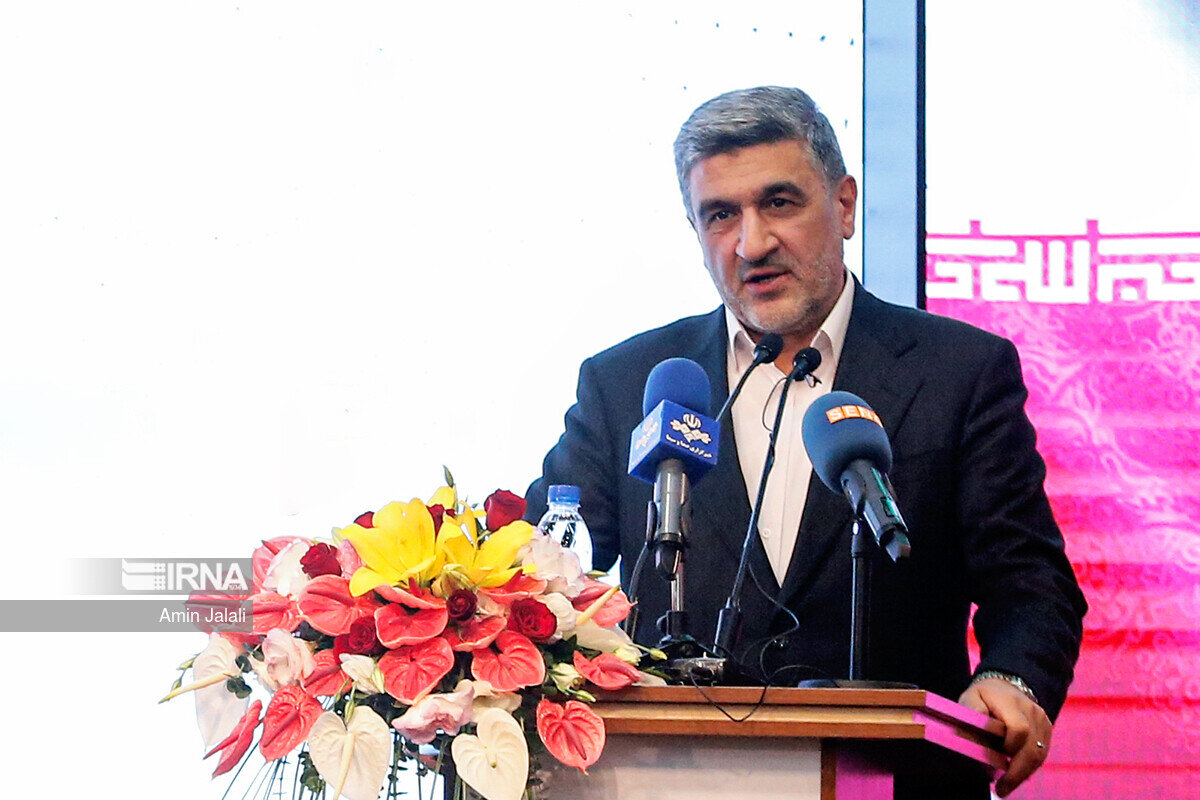SEO head outlines 3 key strategies for next year, pushes for deregulation

TEHRAN – The head of Iran’s Securities and Exchange Organization (SEO) has identified improving market efficiency as a key priority for the country’s capital market in the coming year 1404 (starts on March 21), emphasizing efforts to enhance transparency and protect shareholder rights.
Speaking at the “Iran’s Economy 1404” conference on Sunday, Hojatollah Seyedi outlined three major strategies for the capital market in the upcoming Iranian calendar year, stating that economic conditions next year are expected to remain similar to the current year.
“Given the government’s budget plan, policies, and broader economic trends, we anticipate that the key economic variables affecting Iran this year will persist into the next,” he said.
Seyedi acknowledged the possibility of economic improvements but also stressed the need for preparedness in case of worsening conditions.
“If we face tougher times, we must manage the situation and navigate through challenges,” he added.
One of the SEO’s key initiatives is improving financial reporting standards. “Audited financial reports are the most critical decision-making tools in the capital market. If reports are riddled with ambiguities, they lose their usefulness,” he explained.
Another major focus is increasing market efficiency. “It’s essential to respect the natural behavior of the market rather than attempting to manipulate it,” Seyedi said. He emphasized that market indicators should reflect real conditions rather than artificial adjustments.
“When there are concerning developments, one shouldn’t expect the market index to rise by 20,000 points. Similarly, if conditions are positive but all stocks are declining, it raises red flags,” he noted. “In the long run, allowing the market to function naturally benefits all investors. Short-term manipulation may create a false sense of stability, but it ultimately harms both the market and investors.”
Seyedi also underscored the importance of transparency. “Ensuring transparency is a shared responsibility among all market participants. Higher transparency protects investors and attracts capital,” he said.
One of the key measures for achieving greater transparency, he noted, is strengthening corporate governance.
“All 750 listed companies suffer from weaknesses in corporate governance. Many oversight committees are either ceremonial or ineffective, and decision-making structures in these companies lack proper focus,” Seyedi explained.
He criticized the absence of clear operational plans in many firms, stating that even highly profitable companies sometimes suffer from this issue.
“By making corporate governance mandatory, we can address this problem,” he asserted.
The official also pointed to financial statements as a critical pillar of market transparency.
“While a company’s performance ultimately depends on its management, the SEO has a regulatory duty to enforce governance, ensure management stability, and promote meritocracy in the stock market,” he said.
He criticized the superficial approach some managers take when preparing financial forecasts.
“Some executives simply multiply this year’s budget by 1.2 and submit it to the KODAL disclosure system without any real analysis. Worse still, there is little regulatory scrutiny over such projections, leaving shareholders to base their investment decisions on flawed data,” he said.
To address such issues, Seyedi announced plans to establish industry-specific advisory panels within the capital market. “From a broader perspective, we must address some of the structural challenges facing the market. For instance, large listed industries are suffering significantly from energy imbalances, particularly in gas and electricity, which directly impact their profitability,” he said.
Seyedi also criticized government intervention in price controls, particularly in the refining sector.
“We see price-setting in refineries, both in terms of feedstock and final products. In some cases, the formulas used for pricing are arbitrarily changed,” he said.
He pointed to the inefficiency of imposing production mandates on advanced refineries.
“A refinery built for export, capable of producing high-quality gasoline or aviation fuel for free-market sales, is instead forced to produce lower-grade fuel at a loss. This has negative repercussions for the stock market as well,” he stated.
The SEO head concluded by reaffirming his organization’s commitment to minimizing state-imposed pricing controls in the capital market, aiming for a more transparent and efficient investment environment.
EF/MA
